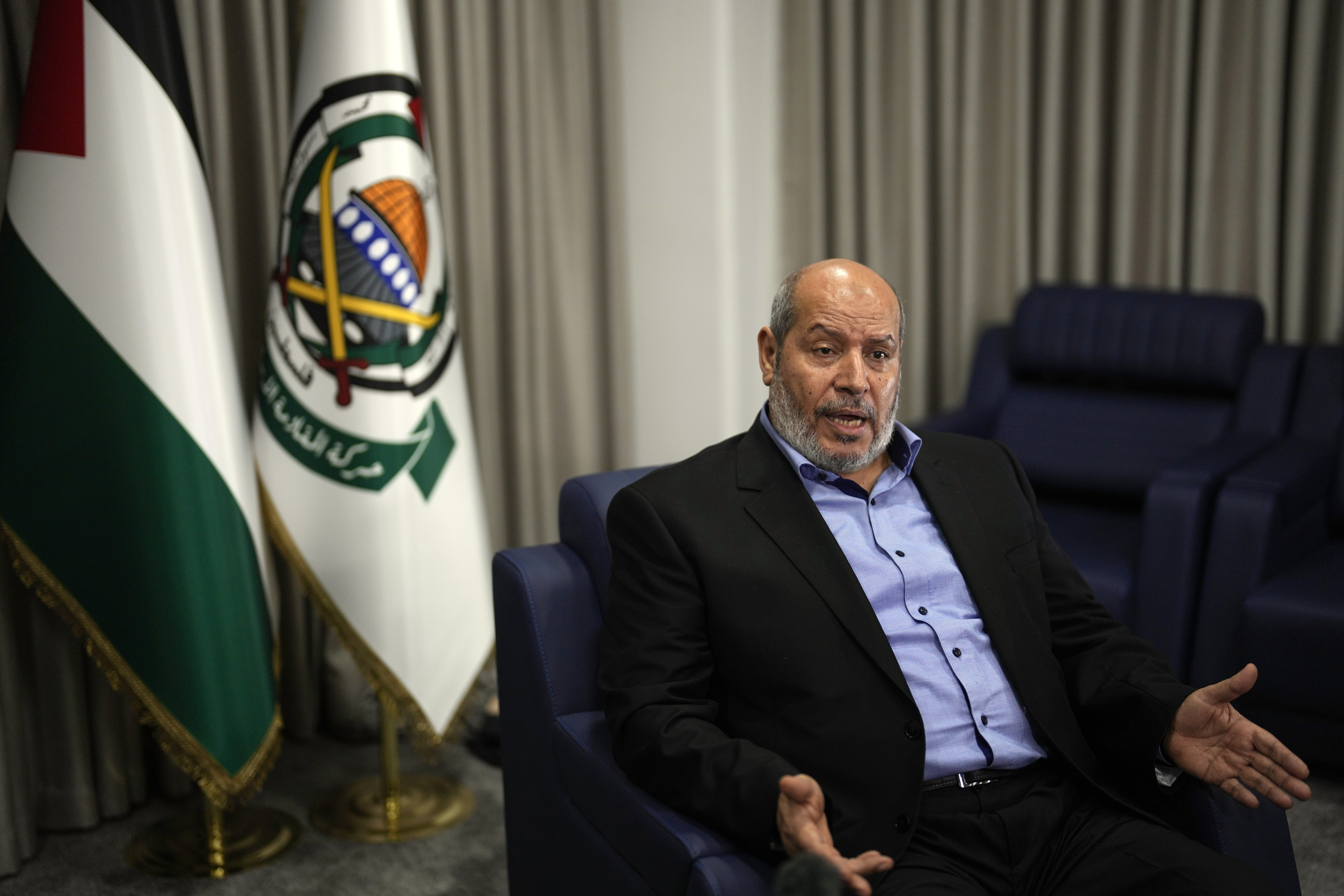When it comes to California governance reform, optimism is usually foolish.
But I’m having a hard time not being at least a little optimistic about the upcoming recommendations by a slightly obscure group called the Think Long Committee.
Think Long is a committee of leading Californians put together by Nicolas Berggruen, a billionaire famous for working on constitutional reform and for being homeless (he doesn’t own a home, preferring to travel the world and stay in hotels).
Despite Think Long’s insider board, Berggruen and his advisor Nathan Gardels are the most outsider-ish of the various good government groups in California.
Privately and publicly, Think Long has begun to preview some of the ideas it is considering.
The group meets this week to consider and finalize recommendations.
From what I’ve seen and heard, there are three reasons to be hopeful about what the group will produce:
U.S. & World
News from around the country and around the globe
1. The proposal is comprehensive.
Almost every reform proposal or suggestion to improve California governance has consisted of piecemeal changes that don’t fit together.
Think Long is putting together comprehensive proposals on a host of problem areas for California – from the initiative process to economic growth.
Comprehensive proposals represent a big change for California, which for more than 130 years has changed its governing structure one piece at a time—via ballot measures that are confined to a single subject.
Yes, comprehensive proposals have more items with which people can disagree – and I’ve found disagreement with pieces of what Think Long is discussing.
But such disagreements are relatively unimportant.
Californians should worry less about the particular pieces of a proposal – and more about whether the whole fits together and makes government easier to understand and more accountable.
Our constitutional history runs the other way – we love to focus on individual trees and fail to anticipate what we’re doing to the forest.
2. The ideas are novel and aren’t based wholly on polling.
Last week, while speaking remotely to a gathering of direct democracy thinkers and practitioners in San Francisco, Gardels shared some of the big ideas under consideration for the initiative process.
His list included ideas that are likely to be popular – making the process more transparent – and many that will be an uphill fight – establishing a more indirect initiative process that gives the legislature a role.
This is a good sign.
California’s would-be reformers are drunk on polling (and their own notions of political “reality”). Gardels, in talking with the group, emphasized that the state needed to think first about what would work not merely about what was popular.
That, too, is a radical thought in a state where almost every major policy proposal begins not with a discussion of the policy’s merits but with a discussion of how the idea polls.
3. Think Long is making a case for an honest bit of elitism, given the public’s failures to understand the system of government and to make good, long-term decisions.
The biggest idea that Think Long is considering is the establishment of an independent watchdog called the Citizen’s Accountability Council.
The idea is to have 21 citizens (though the number is not firm) who are appointed by legislative leaders, the governor, regional planning bodies, cities and other public institutions to think about long-term problems in the state, filling a void in California’s politics, which are all about the short term.
Members would have six-year terms to promote independence.
And they would have power – to propose legislation, to subpoena and investigate government performance, and even to put initiatives directly on the ballot.
This will be dismissed as elitist. But Think Long should be prepared to push back hard.
California’s supposedly democratic and populist institutions – think of the initiative process – are really dominated by elites who have used them to install formulas and special protections that defeat democracy.
Think Long’s “elitism” could be empowering.
A poor or unknown person with a great idea, simply by convincing this committee, could get legislation proposed or placed on the ballot without having to spend $3 million he or she doesn’t have on signatures.
What’s best about Think Long’s comprehensive proposal is that it’s new.
The discussions and debates over fixing California’s broken governing system have grown tired and stale. Think Long should change the conversation – which would a monumental achievement.
Let us know what you think. Comment below, send us your thoughts via Twitter @PropZero or add your comment to our Facebook page.



